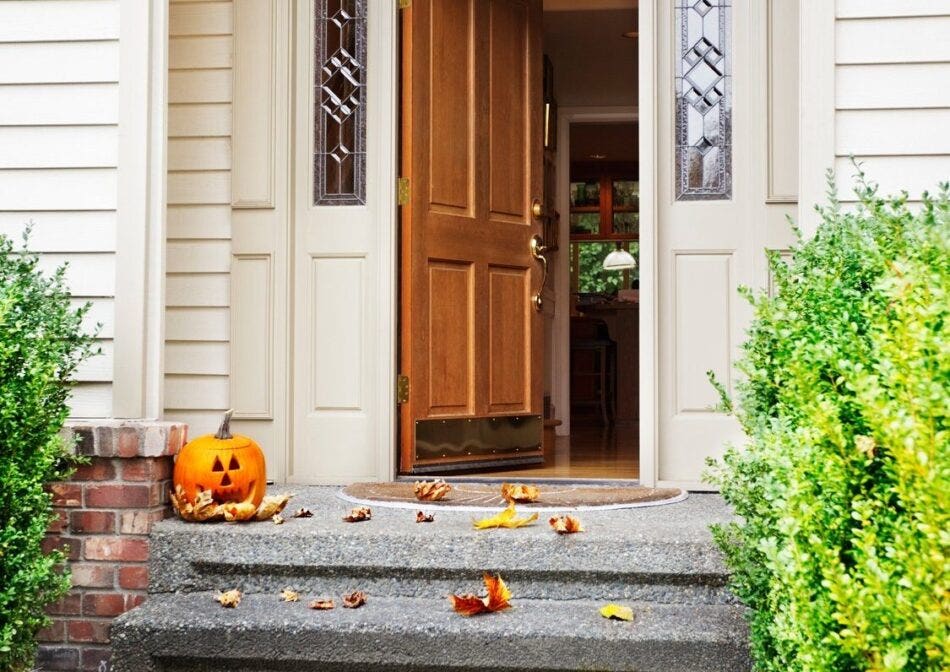Some people are happy to leave their doors unlocked and would never think of locking up before they leave for the day. Others can’t imagine leaving their doors unlocked or the garage door open – that’s an open invitation for trouble!
What happens if an opportunistic thief takes advantage of an unlocked door? Will your home insurance cover it? Or will your claim be denied because you didn’t take the precaution of locking your door?
While an unlocked door can complicate the claims process, theft should still be covered by most home insurance policies even if you left the door unlocked.
How leaving doors unlocked may affect insurance
Interestingly, in Canada, the distinction between breaking and entering and theft from an unlocked home is probably of greater concern for the thieves who are caught than for their victims making an insurance claim. Theft with “forced entry” carries greater penalties for the perpetrator, but most home insurance policies do not contain any language that distinguishes thefts involving forced entry and thefts that do not.
As long as it can be established that your possessions have been taken without your permission, most policies will payout on a claim even if your front door was unlocked or your window was left open. This does not mean, however, that a victim of theft whose house was not secured won’t face any complications with their specific claim. It’s also worth emphasizing that a minority of policies do require evidence of forced entry in the event of a claim for stolen items.
No evidence of forced entry may complicate your claim.
On discovering a broken window or door lock people’s first instinct (after making sure the thief has gone) is usually to check their belongings to see what’s missing. You should always report theft to the police – it will help your insurance claim and is required by many insurers.
A police report carries greater weight if it contains physical evidence of a theft. Claims with no evidence of forced entry may be delayed or disputed even if your policy doesn’t specifically mention a requirement of theft with forced entry. There may be additional investigations by the insurer to ensure there is no insurance fraud occurring.
Be aware of misrepresentation.
When your home insurance policy was originally sold to you, any security measures that your home has will have been taken into account including alarm systems and locks on doors and windows. Better alarm systems and more secure locks can lead to lower premiums and/or lower deductibles (the proportion of expenses you are expected to personally cover in the event of a claim). If you cannot show evidence of forced entry during a theft, then your insurance provider may consider that the discounts you obtained came about as a result of misrepresentation; not using your security features is the same as not having them. This can lead to delays in processing your claim and partial pay-outs.
Similarly, the extra cost of any special extensions on your policy that you took out in order to cover high-value items will have been based on the double layer of security protecting these items. Leaving your door unlocked will complicate any claims you make for high-value items if thieves only had to get past your unlocked front door.
All this leads to three key pieces of advice:
- Always make full use of the security features of your home.
- Choose your home insurance policy carefully.
- Familiarise yourself with the terms of your policy.
It will likely depend on your insurance company, individual policy and the situation as to how the claims process will go. Your broker is there to help you through the claims process and answer your questions.

